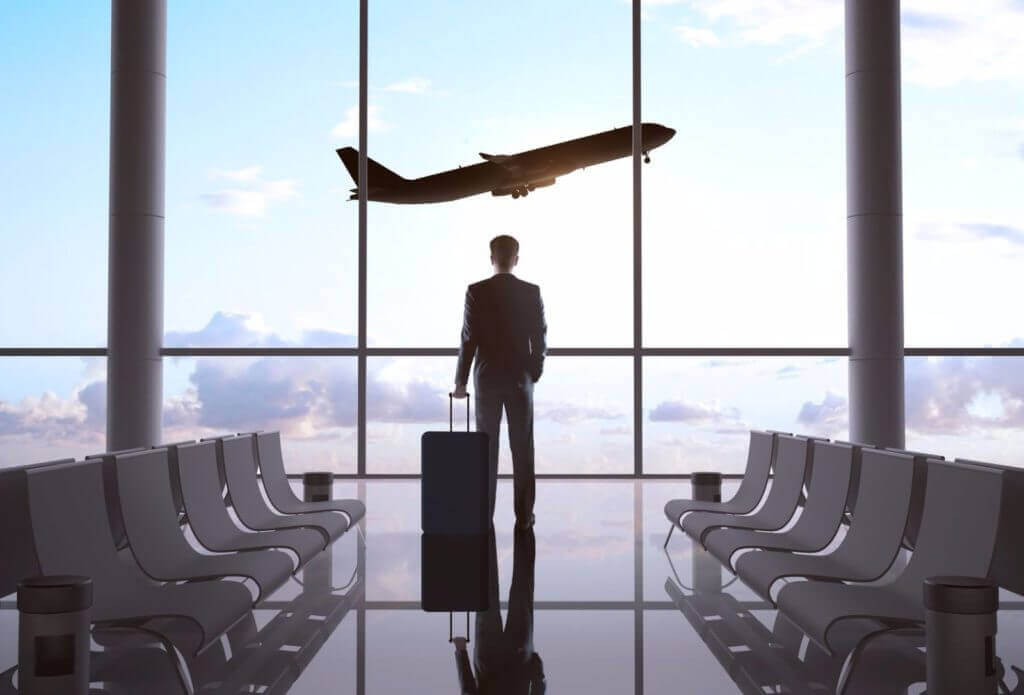
According to market research firm Frost & Sullivan, a dozen ‘mega trends’ will determine the way we work, rest and play in the decades ahead. Each is a global force that could define the future world by impacting businesses, societies, economies, cultures and personal lives.
These mega trends range from aspects of urbanisation to health and wellbeing and could affect mobility, energy and infrastructure. For example, by 2025 it is predicted that robots will be an everyday part of home life; high-speed rail links will connect Europe with China, and there will be over six million driverless cars on the road.
It’s all very Tomorrow’s World – but what about the trends that will shape how we manage business travel over the next 12 to 18 months? Here are six key issues we believe are already shaking up our industry’s immediate future.
-
Big data – it’s what you do with it that counts
Ninety per cent of the world’s data has been created in the last two years alone, while global data traffic will surpass 100 zetabytes a year by 2025. In fact, technology analysts Gartner predict most big companies will employ a chief data officer by the end of 2019.
The clever bit will be using data to make smarter travel policy and buying decisions. Traditionally, procurement and human resources, as owners of travel transactional services and policy respectively, don’t seamlessly interact. Policies are built and published, and travel management companies (TMCs) apply them on a day-to-day basis. With different departments working in silos, companies are missing opportunities to use their data to understand and influence booking behaviour.
Using intelligence from combined data sources will help companies build up a more rounded picture of their travellers and bookers. It will help explain why people make the travel and meetings decisions they do – as well as the impact of these decisions on both the organisation and on individuals. Which brings us to:



